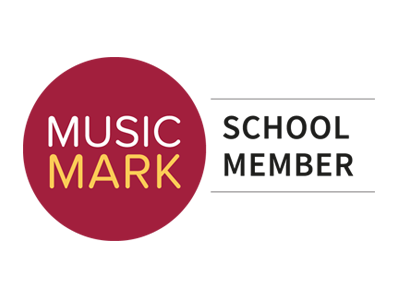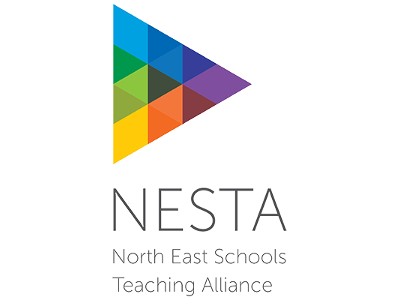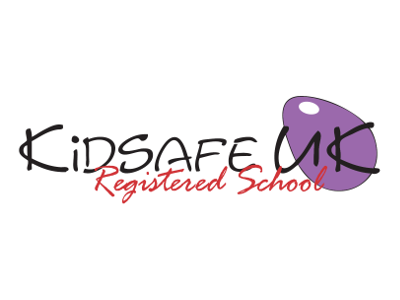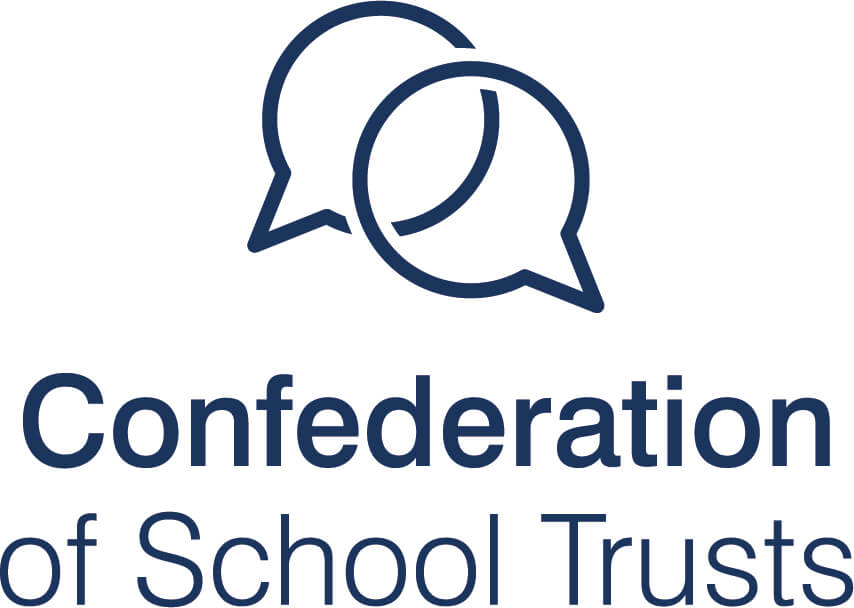Modern Foreign Languages – Year 6
Download
Download our Year 6 Modern Foreign Languages curriculum here.
Oracy
|
Literacy
|
Intercultural Understanding
|
Real Life contexts
|
- To understand the main points in a simple story or song
- To perform to an audience
- To understand longer and more complex phrases/sentences
- To use some spoken language to sustain a simple conversation or tell a story
|
- To read and understand the main points from a short story
- To identify different test types and read a short text for enjoyment or for information
- To match some sounds to sentences and a simple paragraph
- To write sentences on a topic using a model
|
- To compare attitudes towards aspects of everyday life (in France)
- To recognise and understand some of the differences between people
- To present information about an aspect of a culture
|
- To have the opportunity to practice conversational skills in role play.
- French residential in the Autumn term (bi-annual)
|
Reviewed by KP, AD, JB Summer 2012
Reviewed by N D’Inverno (Subject Leader) May 2012
Subject Leaders July 2014
Reviewed and moderated to be amended as necessary in accordance to specialist teaching and NC POS Sep 2014 N D’Inverno and S Panting.











